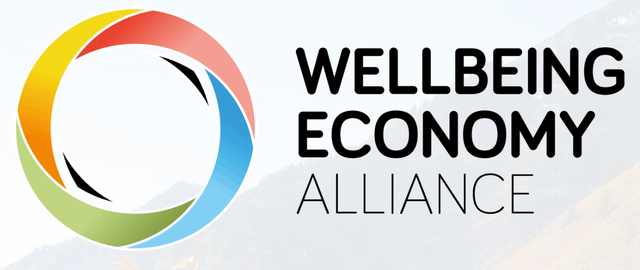For A Green Recovery That Works For All, Scotland Must Transition To A Wellbeing Economy
Mon, 12/21/2020 - 00:00

2020 has been a tough year, but it’s also been a chance for many people to pause and reflect on whether our current economic system is built for purpose.
As more and more people, including political leaders, voice their support for a green recovery, it’s important that this results in long-term, positive outcomes.
Fortunately, Scotland has all the tools we need to make it happen.
At the Wellbeing Economy Alliance (WEAll), our goal is to help achieve social justice on a healthy planet. That’s why outdated metrics such as gross domestic product (GDP) have no place in measuring the success of a green recovery. GDP is bolstered by cash transactions but is oblivious to most things important for our wellbeing, such as unpaid care work, environmental health, and the quality of our relationships.
Recovery needs to benefit people as well as the planet
Any government-introduced recovery programme should directly support the goal of social justice on a healthy planet. Think creating jobs in care, culture, or retrofitting, for example. COVID has shown how vital such workers are—and how little they are valued. This includes respecting the people working in industries that must be phased out, such as the oil & gas sector, by emphasising a just transition and realistic retraining opportunities.
By taking this long-term approach instead of prioritising short-term GDP growth, the green recovery in Scotland can be more than a social sticking plaster. It can tackle the root causes of our failing economy and spark purposeful enterprise, community wealth building, and reforms to land ownership and planning, which would turn Scotland’s cities and countryside into truly livable places. A wellbeing economy provides a tangible, forward-thinking roadmap for how our society can thrive in a post-COVID world.
If not now, when?
Could anyone have imagined a year like 2020? Not only the devastating loss of life and livelihood, but also the impact it’s had on our economy? So, we say . . . if not now, when? The time for a wellbeing economy is now. A poll published by The Guardian in June revealed that only 6% of people in the UK want a return to a pre-pandemic economy. It’s up to us as citizens to help ensure that vision is realised.
Around that time, the Scottish Government’s Advisory Group on Economic Recovery published its report, “Towards a robust, resilient wellbeing economy in Scotland”. It’s a promising first step, and we’re excited to see politicians using wellbeing economy language. But the report’s focus on growth for growth’s sake, rather than as an optional tool to help improve the wellbeing of citizens, means there’s still a lot of work to be done in 2021.
So, what can we all do to help ensure a green recovery prioritises social justice on a healthy planet for everyone, not just those who benefit from an increase in GDP?
Keep talking about it. Let your elected representatives know about it.
And remember that a return to “normal” won’t fix things. Let’s work together to build back better than before.


